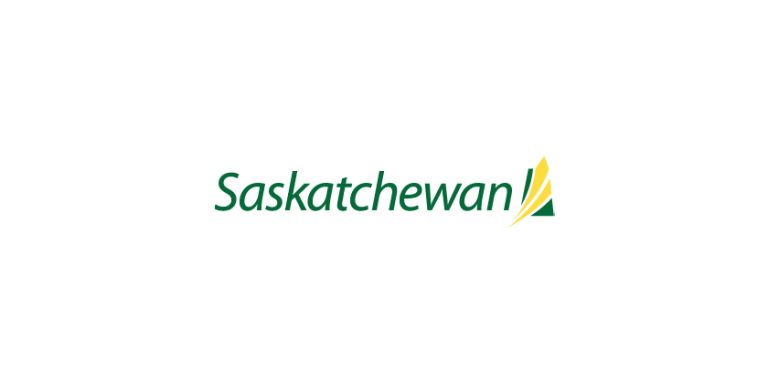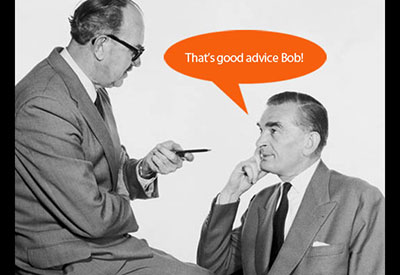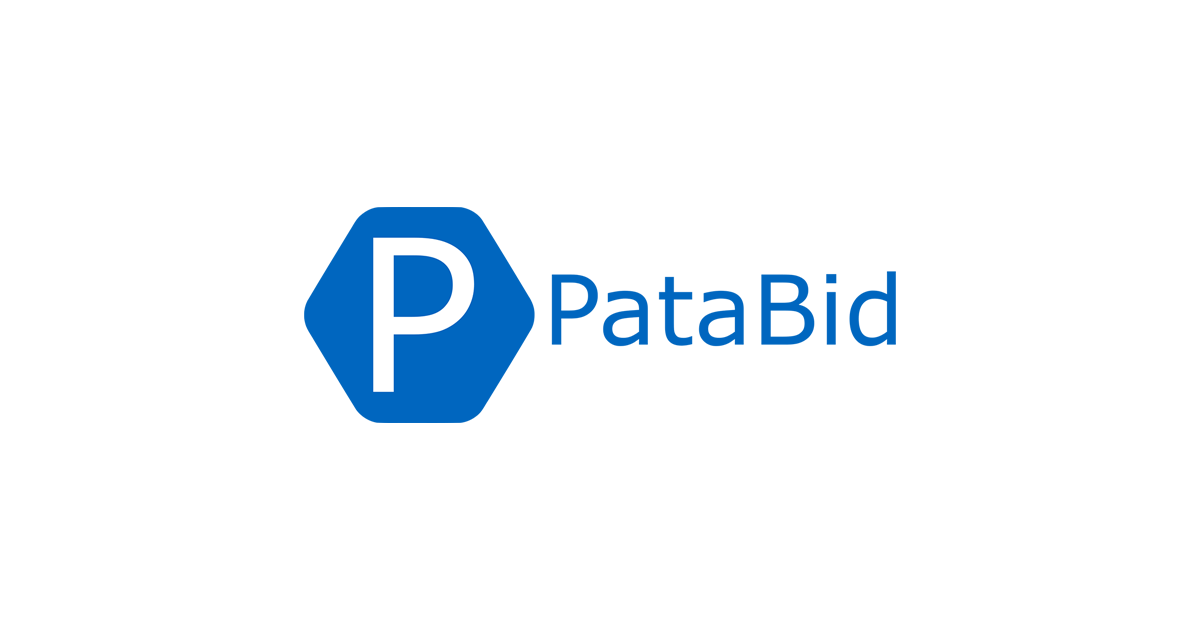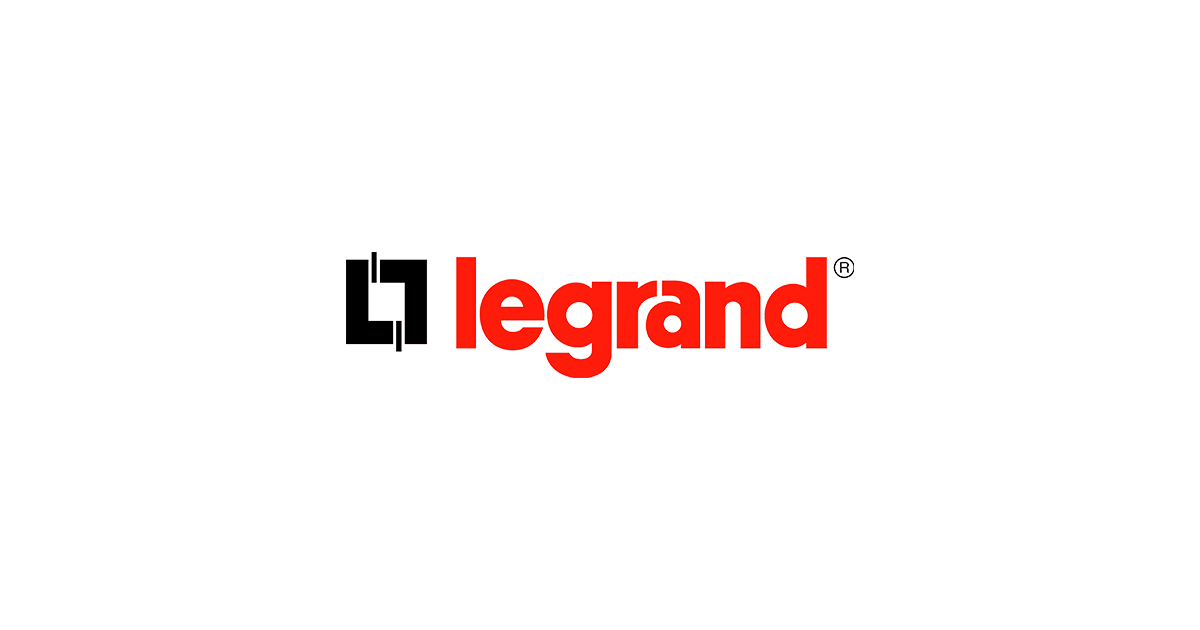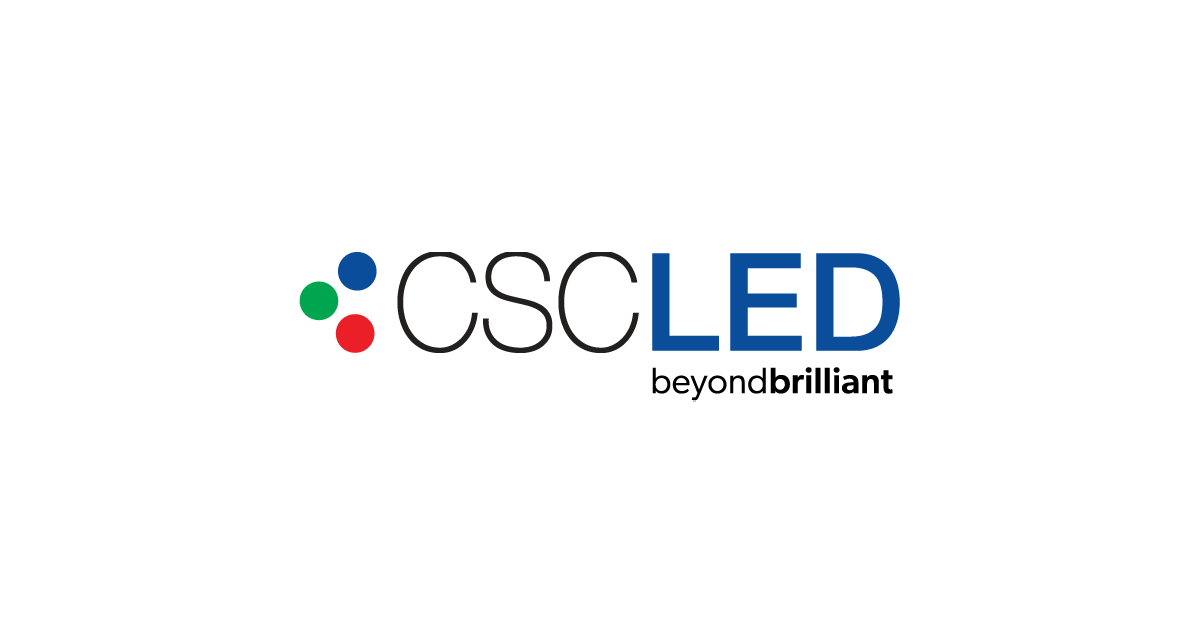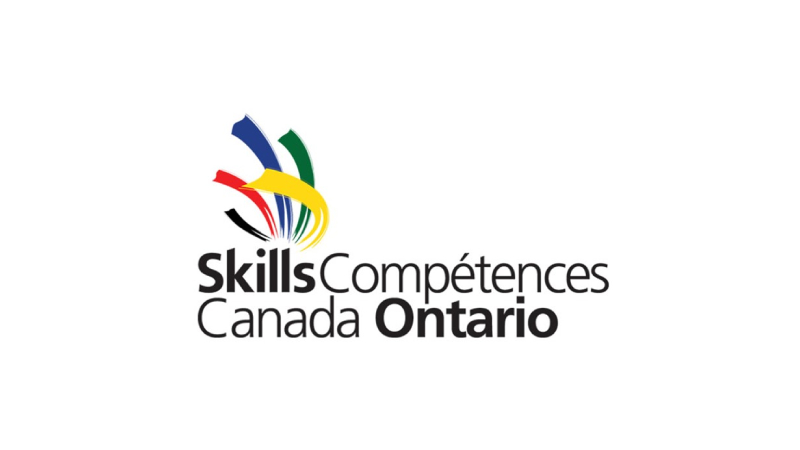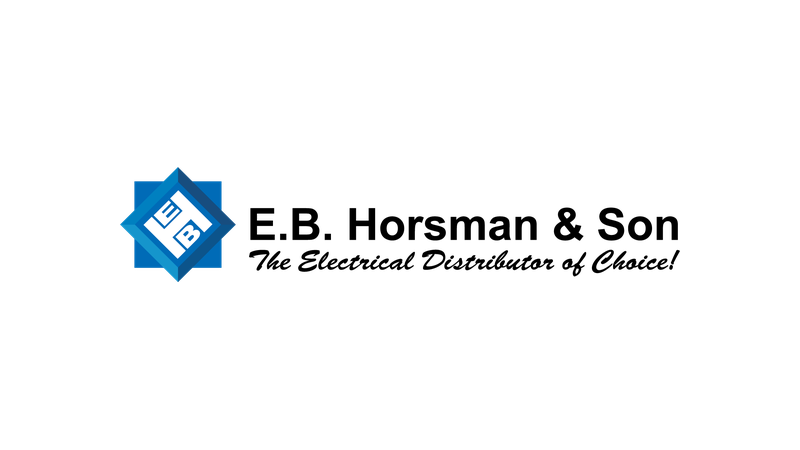Keith Sones — a Storyteller with a Passion for the Industry and a Focus on His People
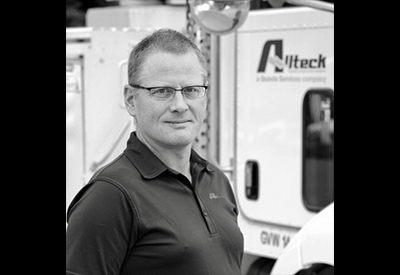
October 21, 2016
Line Goyette
Keith Sones, President of Allteck for the past several years and now an executive with the Valard Group of Companies, is an incredible story teller. You will read his stories in EIN on a regular basis starting next month. He will talk to you about safety management, business development in our industry, relationships with your customers, aboriginal advancement, operational leadership and much more because he knows a lot about those subjects.
Just to say a little about Keith, he has over 25 years of experience in the electrical power industry, including senior roles in project management and operations as well as health and safety. At BC Hydro, his innovative work in construction safety earned him the Canadian Society of Safety Engineering’s Safety Professional of the Year award. As a senior leader, Keith managed the operations and construction divisions of FortisBC, prior to leading several important transmission and substation projects to accommodate expanding power systems. As an executive with Allteck and Valard, he has gained keen insight into what works (and doesn’t work) in the fast paced construction and engineering environments. His knowledge of the industry and certification as a Project Management Professional play an important role in his ability to understand and fulfil customers’ requirements.
I recently sat down with Keith to learn more about our newest contributor and his lifelong commitment to our industry.
You have a flourishing career in the electrical industry. What was your first step into the industry?
When I was getting close to graduating from the BC Institute of Technology in occupational health and safety, I was recruited by the BC Hydro construction division based on the fact that I did well in school and had a construction background. At the time I knew two things about the power company: they sent me a bill once a month and I could turn the lights on by flicking a wall switch. Jumping headfirst into a very technical world, I knew that I had to learn a lot in a short time, so I spent hundreds and hundreds of hours over the next few years hanging out with work crews. Watching them in action and continually asking questions really helped me get a good understanding of what has to happen for work to be done safely. Whether it’s jacking and rolling a power transformer, changing transmission insulator strings while the circuit is energized or understanding the impacts of ensuring substation relays are properly programmed, my awareness increased quickly.
You went from safety management to operational leadership to being president of a national company doing business everywhere in Canada. What have you learned from your successes and your mistakes?
As with many people, I have probably learned more from the mistakes I’ve made. In the earlier days I often failed to appreciate how big a difference having people with the right attitude in place really makes. Given that we work in a technologically driven industry, I believed that a good technical solution would always win the day. It took time and a few battle scars to recognize that people will go to the ends of the earth if they believe in a plan or vision, but if you don’t spend the time and energy to help them understand how they fit into that future, they’ll show up at work but won’t volunteer their hearts and minds, which is what’s really necessary for any vision to become reality. It doesn’t matter whether you are running a utility or a hockey club; success flows from having a great team where people feel part of something bigger than just their day job.
I’ve also personally felt the value of having experienced people serve as mentors. I still daily apply many of the wise thoughts that have been offered to me over the years. One of my favourites — you’re no good to anyone if you are too tired or uninspired, so get some exercise and read biographies. There are some pretty amazing people in this world.
Why is it important for you to tell stories and to share them with our industry?
Ever since people have been able to communicate they have told stories. All too often we try to get our points across with a slick PowerPoint presentation or long report, but who hasn’t had the experience of drifting off (sometimes literally!) while watching a slide deck with a seeming never ending series of bullet points. It’s almost a trigger for many people to start checking email on their phone or having a quick nap, whereas we will get completely engrossed in a good movie if it tells a good story. Using this form of narrative is far better at getting people to listen to the point and also understand what it means.
Our industry is experiencing some dramatic changes that we’ve never really faced before. Declining utility load growth, the introduction of renewable power on a mass basis, and the perspective of Millennials changing what the terms “a good job” or “great work environment” mean are just a few examples. We need to engage in conversation and realize that the things we’ve done in the past are instructive but not necessarily a formula for the future. Stories, particularly when they demonstrate how to do things right, are a huge help for those of us that are looking for guidance in our new world.
How do you keep balance between your personal and professional life?
Until fairly recently I kept looking for, and never discovering, a balance between what one might define as work (doing something to get a paycheque) and life (everything else). I was out riding my mountain bike one rainy day, deep in thought about things at work and it dawned on me that there really is no separation. It’s all just life. Armed with this new view of the world, it has become much easier to feel good about what I do every day. A business dinner or a plane trip is now part of my “life,” the same as going stand-up paddleboarding with my wife or watching a movie on the couch. When I realized I didn’t have to escape work to enjoy life, it all just flows together. I suspect I’m more productive and I know I’m more at peace with it all.
Who or what is a source of inspiration in your life?
I’ve been with my wife for almost 32 years now and I’ve always called her “the ideas lady.” Rosanne has been a constant source of inspiration, and my life has evolved positively in many ways as a result of her input. Whether it’s a calm word to suggest I take a chance in life or a swift (albeit figurative) kick in the pants to wake me up (quit complaining and pouring money into that car. It’s a lemon, get rid of it!”), she hits the mark every time.
I also draw inspiration from reading about history. Civilization has come so far in a relatively short period of time, so I never worry that we can’t solve the problems that exist in our present day. If people can develop mass agriculture and just in time delivery systems that allow me to eat fresh lettuce in a Canadian January, put a man on the moon and prevent polio, we can do whatever we need to. It’s all good.
Line Goyette is Managing Editor of EIN.
Watch for Keith’s first article in an upcoming issue of EIN.



